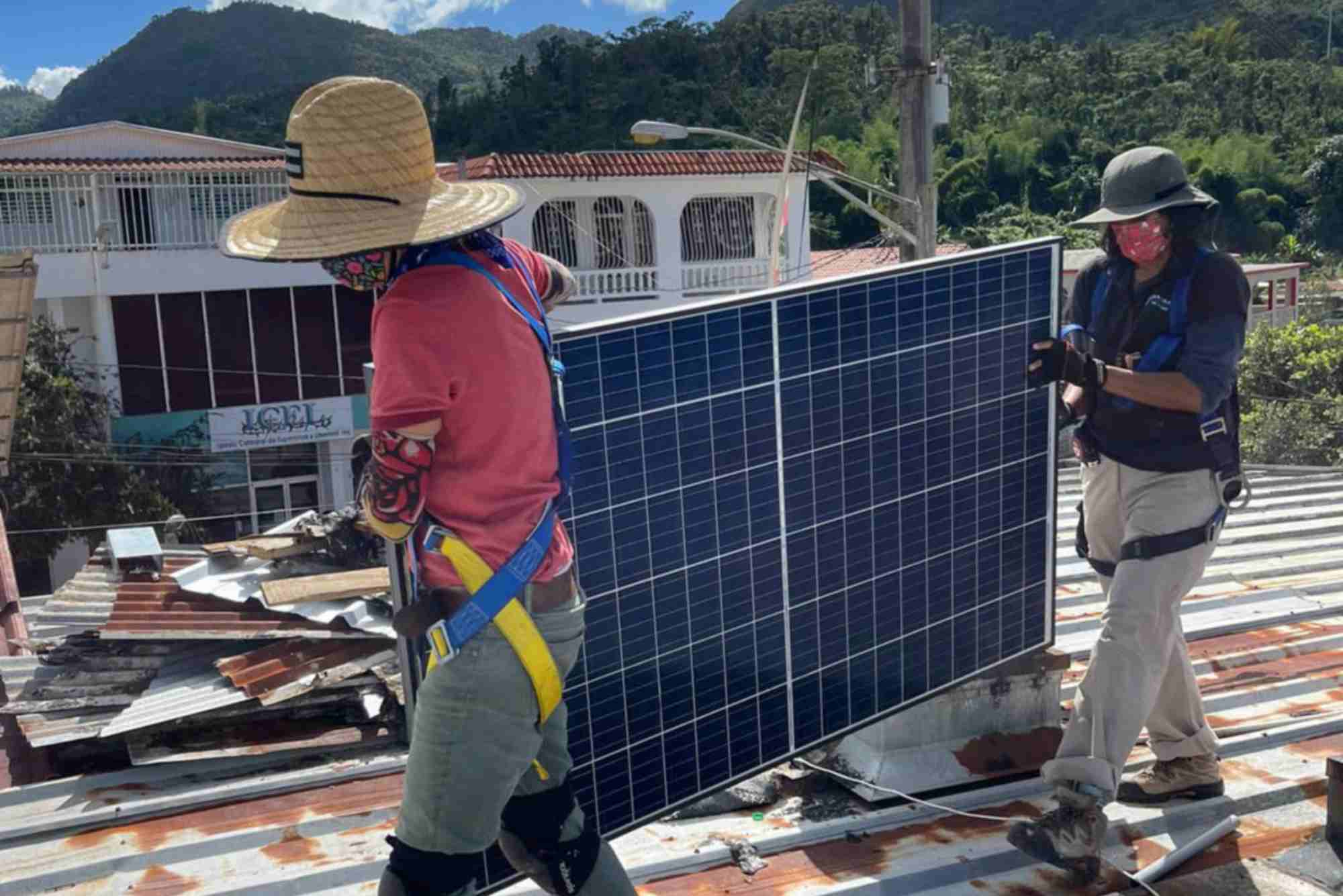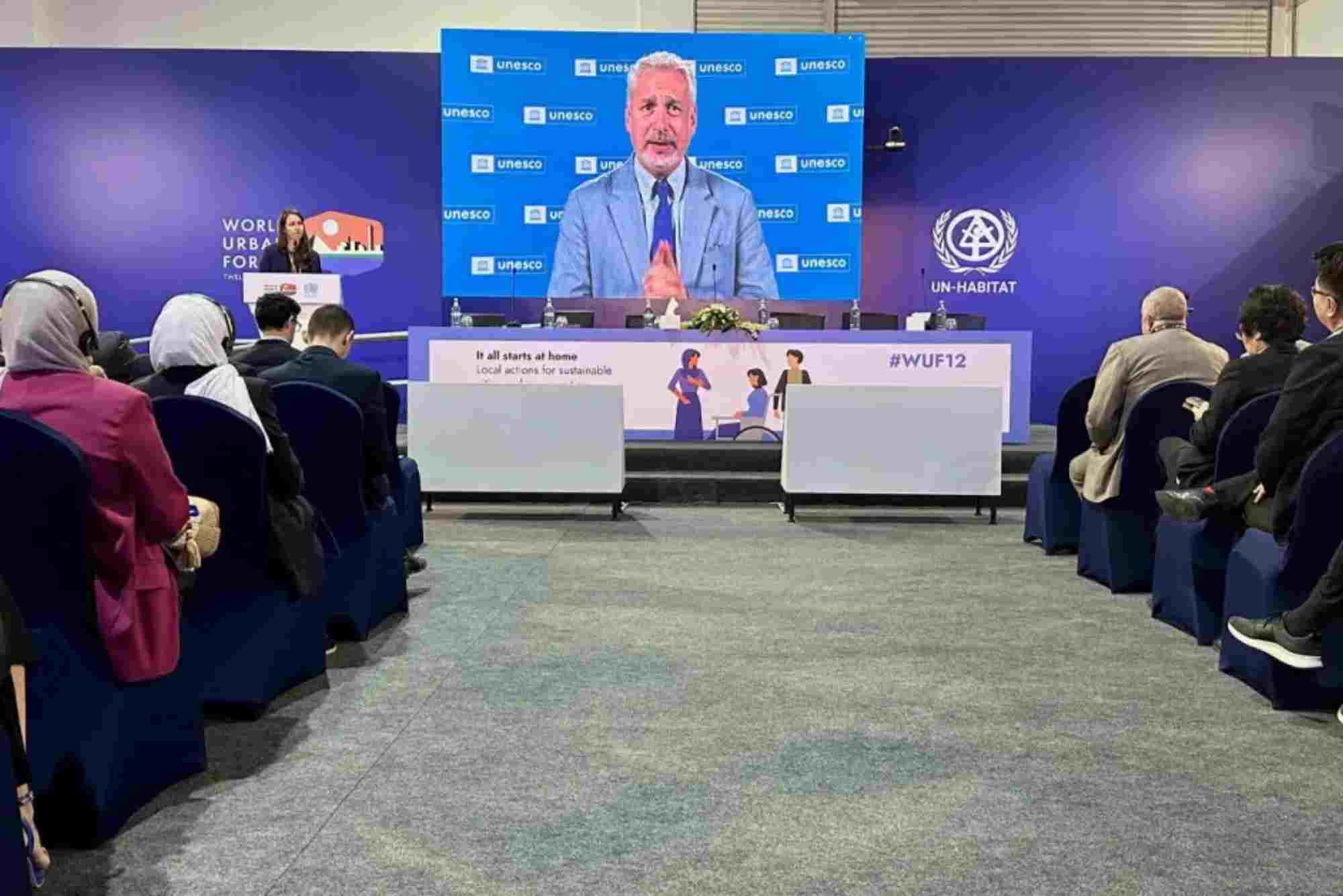FOR IMMEDIATE RELEASE
DOE-Funded Solar Microgrids to Shield 175 Rural Health Centers from Grid Failures, Project Partners Announce
Seven-year, $57 million initiative will cut clinic outages 95 % and save Southeast safety-net providers an estimated $45 million in avoided energy costs.
Atlanta, November 20, 2025
A first-of-its-kind federal award negotiated this year will finance renewable microgrids at up to 175 rural community health centers across eight Southeastern states, ensuring life-saving services stay online during hurricanes, heat waves and utility shut-offs. The U.S. Department of Energy’s Office of Clean Energy Demonstrations is providing up to $57 million through its Energy Improvements in Rural or Remote Areas (ERA) program to the CHARGE Partnership—an alliance of the National Association of Community Health Centers, Capital Link, Collective Energy and technical lead Clean Energy Group.
Each site will receive rooftop or car-port solar PV paired with lithium-iron-phosphate batteries sized to keep refrigeration, tele-health servers and emergency lighting operational for a minimum of eight hours when the macro-grid fails. A 2024 North Carolina Health News analysis found the region logged 474 weather-related outages in 2022, the most in the nation, forcing clinics to close and sending low-income patients to distant emergency rooms . By contrast, early adopters such as Shingletown Medical Center in California report zero downtime since a 2024 microgrid install, offsetting 60 % of utility use and saving $15,000 annually .
“Community health centers are the only clinical access point for one in five rural Americans,” said Marriele Mango, project director at Clean Energy Group. “A three-day blackout shouldn’t turn a local doctor’s office into a dark building with spoiled vaccines. These microgrids convert sunshine into operational certainty, and the ERA cost-share makes that capital investment realistic for nonprofits already running on thin margins.”
Beyond resilience, the systems are forecast to cut participating centers’ electricity bills by a collective $45 million over 20 years, freeing cash for behavioral health counsellors, mobile dental units and pharmacy discounts . Federal clean-energy tax credits and direct-pay provisions can cover the remaining 30 % of installation costs, allowing grant funds to stretch to more sites. The first 30 feasibility assessments begin in January 2026, with construction phased through 2031.
Market data underscore the need: the Department of Health & Human Services counts 4,000 community health centers nationwide, yet fewer than 5 % currently pair on-site generation with storage. A 2025 WHO/World Bank joint report estimates 70 % of facilities in low-income regions lack reliable power, contributing to vaccine wastage rates as high as 37 % . The CHARGE model layers remote monitoring, local technician training and a revolving parts escrow to avoid the “maintenance vacuum” that has stranded past donor projects.
“As hurricanes Helene and Milton just reminded us, grid fragility is a public-health issue,” added Seth Mullendore, president of Clean Energy Group and principal investigator for the award. “By embedding resilient power into the financial DNA of these clinics, we’re turning emergency rooms back into exam rooms and proving that clean energy is the fastest disaster-recovery tool rural America hasn’t fully deployed—until now.”
About Clean Energy Group
Clean Energy Group is a Vermont-based nonprofit that advances affordable, reliable clean-energy technologies for underserved communities. Since 1998 the organization has advised foundations, states and tribes on more than $500 million in resilient-power investments.
Media Contact
Sarha Al-Mansoori
Director of Corporate Communications
G42
Email: media@g42.ai
Phone: +971 2555 0100
Website: www.g42.ai







